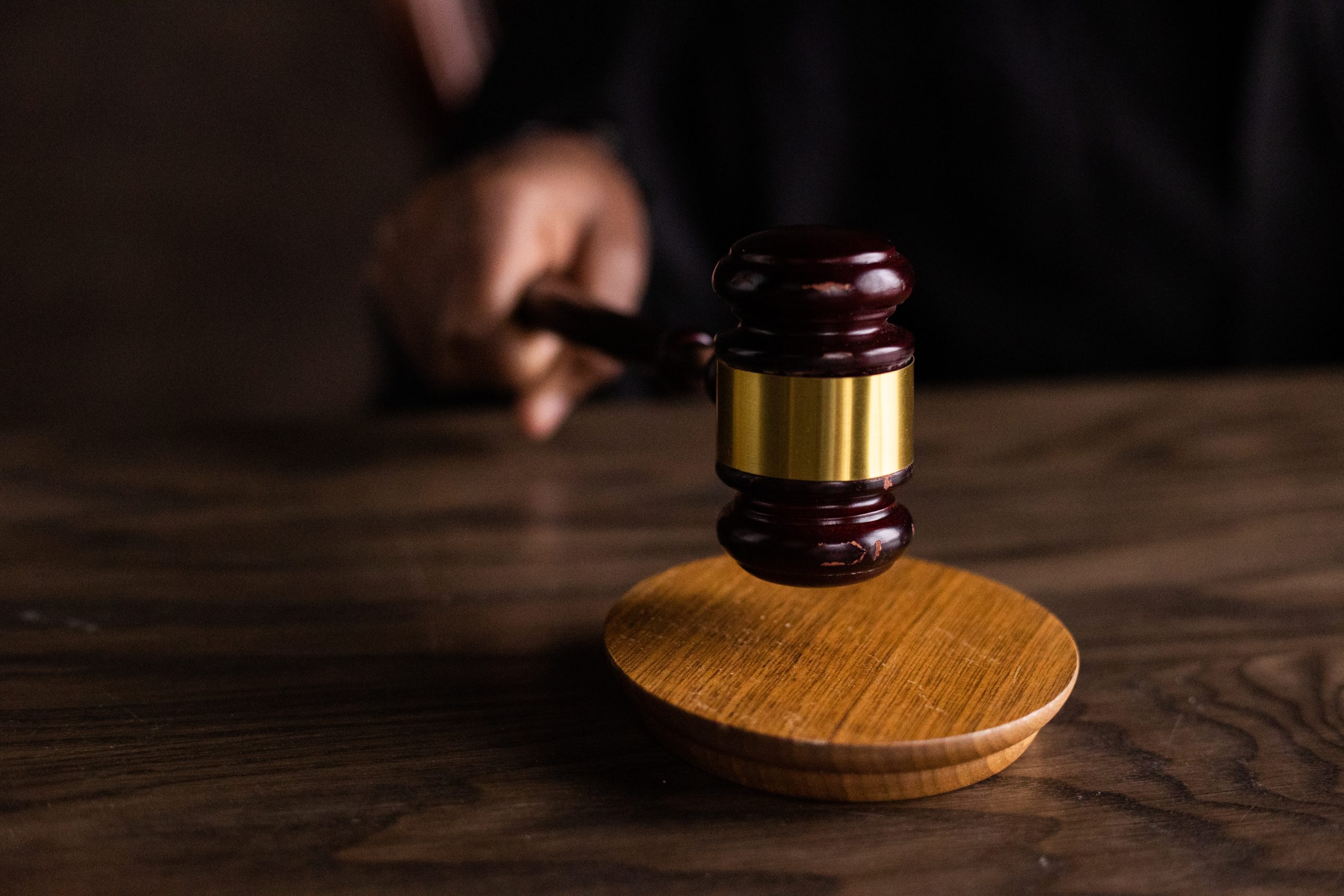You may have heard about the distressing events surrounding Camp Lejeune, a US Marine Corps base, and the toxic water contamination that has impacted countless lives. If you or your loved ones were stationed there between 1953 and 1987, this article is of utmost importance to you.
Given the seriousness of the situation, understanding the criteria for the Camp Lejeune toxic water lawsuit payout becomes a crucial step toward seeking justice and rightful compensation. The complexities of the legal framework may seem challenging, leaving you with questions about whether you qualify or how to proceed.
In the following article, you will find the essential information you need to know, decoding the eligibility criteria and outlining the legal path to follow.
Table of Contents
Background on the Camp Lejeune Toxic Water Contamination
According to the CDC, the Tarawa Terrace water treatment plant was significantly contaminated with PCE due to ABC One-Hour Cleaners’ waste disposal practices. ATSDR’s analysis showed PCE levels exceeded EPA’s limit for 346 months (Nov 1957 to Feb 1987).
Past exposures to PCE, TCE, vinyl chloride, etc., in Camp Lejeune’s water, likely increased cancer risk and adverse health effects in residents, including infants, children, workers, and military personnel.
The contaminated water unknowingly exposed thousands of service members and their families for many years to severe health risks. Later, the alarming contamination at the camp led to investigations and studies, revealing its devastating consequences. Now, legal battles seek accountability and compensation for the affected individuals and families.
Exploring the Legal Framework
Various laws and regulations have shaped the path toward seeking justice and compensation for the affected individuals and their families.
One crucial piece of legislation that has played a significant role in this pursuit is the 2012 Camp Lejeune Veterans and Family Act. This act granted healthcare coverage to veterans and their family members who suffered from certain illnesses due to exposure to contaminated water at the base.
Apart from that, there are other legal options like personal injury and wrongful death lawsuits. These lawsuits aim to ensure those responsible for the harm are held accountable and that the victims get the compensation they deserve for the physical, emotional, and financial difficulties they face
Criteria for Camp Lejeune Toxic Water Lawsuit Payout
Securing a payout for Camp Lejeune’s toxic water contamination requires meeting specific criteria established by the legal system. To be eligible for compensation, individuals must have lived or worked at the Camp Lejeune military base during the designated period, which spans from 1953 to 1987.
According to TorHoerman Law, claimants must have developed one or more of the designated illnesses or conditions linked to toxic water exposure. These conditions recognized for payout consideration include various cancers, such as leukemia, multiple myeloma, and bladder cancer.
However, it’s crucial to note that claimants must provide sufficient evidence for the lawsuit. It means there should be a link between their health conditions and the water contamination for seeking a payout for Camp Lejeune. It emphasizes the importance of accurate medical records and legal representation to seek the compensation you deserve.
Additionally, as per the U.S. Department of Veteran Affairs, it’s essential to mention that family members can also file a lawsuit for the payout. They will be considered eligible based on the same criteria of having lived at the camp during the same period and experienced the health risks mentioned above.
Gathering Relevant Evidence
You must gather evidence to establish your residency at Camp Lejeune during the specified period. It may include official records, military orders, or other documentation confirming their presence at the base.
Compiling detailed medical records is essential to link specific health conditions to exposure to toxic chemicals. Medical reports, diagnoses, treatment histories, and specialists’ opinions can provide the necessary evidence to demonstrate the causation between the contaminants and the health issues.
Furthermore, collecting supporting documents that show the use of contaminated water sources during your stay is vital. These could include receipts, utility bills, or any official records indicating reliance on the base’s water supply.
Seeking Legal Guidance
The polluted water at Camp Lejeune has given rise to hundreds of lawsuits. However, the victims are still awaiting justice. According to CNN, a woman named Ann Johnson filed a claim against the government, thinking that the water she drank at Camp Lejeune caused severe health problems in her baby, Jacquetta. Jacquetta was born with serious issues, and her death strained the couple’s marriage.
Later, Ann discovered she had unknowingly consumed contaminated water while living on the Marine base herself. This case shows how the toxic water at the camp affected people and their families, leading to many legal claims for accountability and compensation.
Thus, a specialized lawyer who possesses in-depth knowledge of the legal framework surrounding the Lejeune contamination and has previously handled similar cases can play a huge role. They understand the intricacies of the eligibility criteria and the documentation required. Also, the specific steps needed to build a strong case so that people like Ann can get the justice they deserve.
When you consult with an attorney, they will review your evidence, assess your eligibility, and advise you on the best course of action. They can help you navigate the legal process, ensuring all necessary paperwork is properly filled out and submitted within any designated timeframes.
Filing a Claim and Pursuing Compensation
After your lawyer helps you complete all the necessary paperwork, they will file the claim to avoid delays or mistakes. They will keep you updated on the progress of your case during the process.
Upon filing, your claim will undergo evaluation, during which the court or relevant government agency will assess the evidence and determine your eligibility. The strength of your evidence, the accuracy of your residency and health condition documentation, and the expertise of your legal representation will all play a crucial role in the success of your claim.
If your claim is approved, negotiations may follow to settle. Your attorney will advocate on your behalf, aiming to secure the compensation you deserve for the physical, emotional, and financial hardships caused by the toxic water exposure.
Right Support Secures Compensation, Finds Closure
Understanding the criteria for a Camp Lejeune toxic water lawsuit payout is essential for those affected by this environmental disaster. The contaminated water has caused severe health issues for thousands of military personnel and their families. Individuals can navigate the complex process and pursue rightful compensation by gathering relevant evidence and seeking legal guidance from experienced attorneys.
Remember, time is of the essence, and if you or your loved ones meet the eligibility criteria, taking action promptly is crucial. The fight for justice continues, and with the right support, those impacted can secure the compensation they deserve and find some measure of closure.




